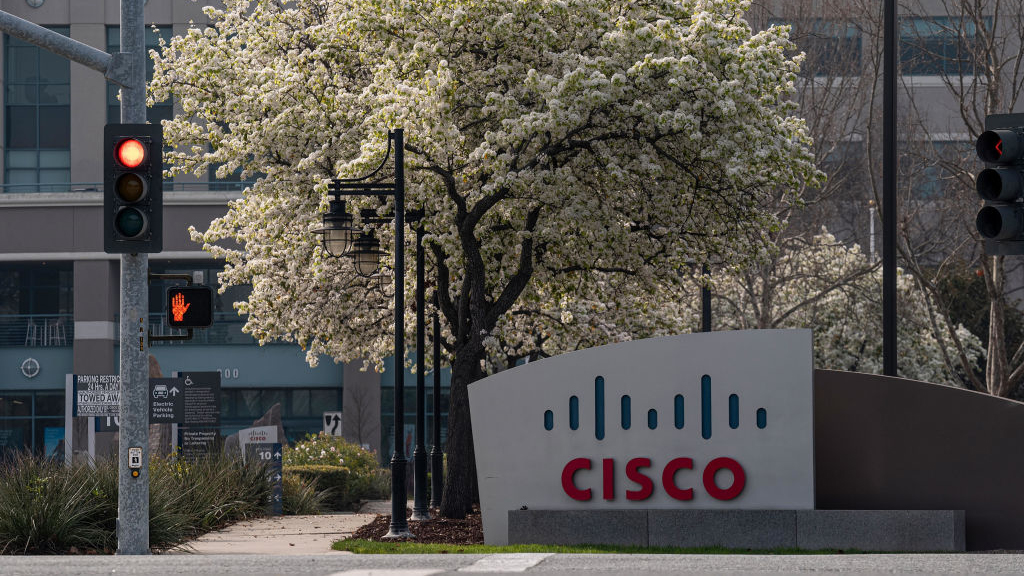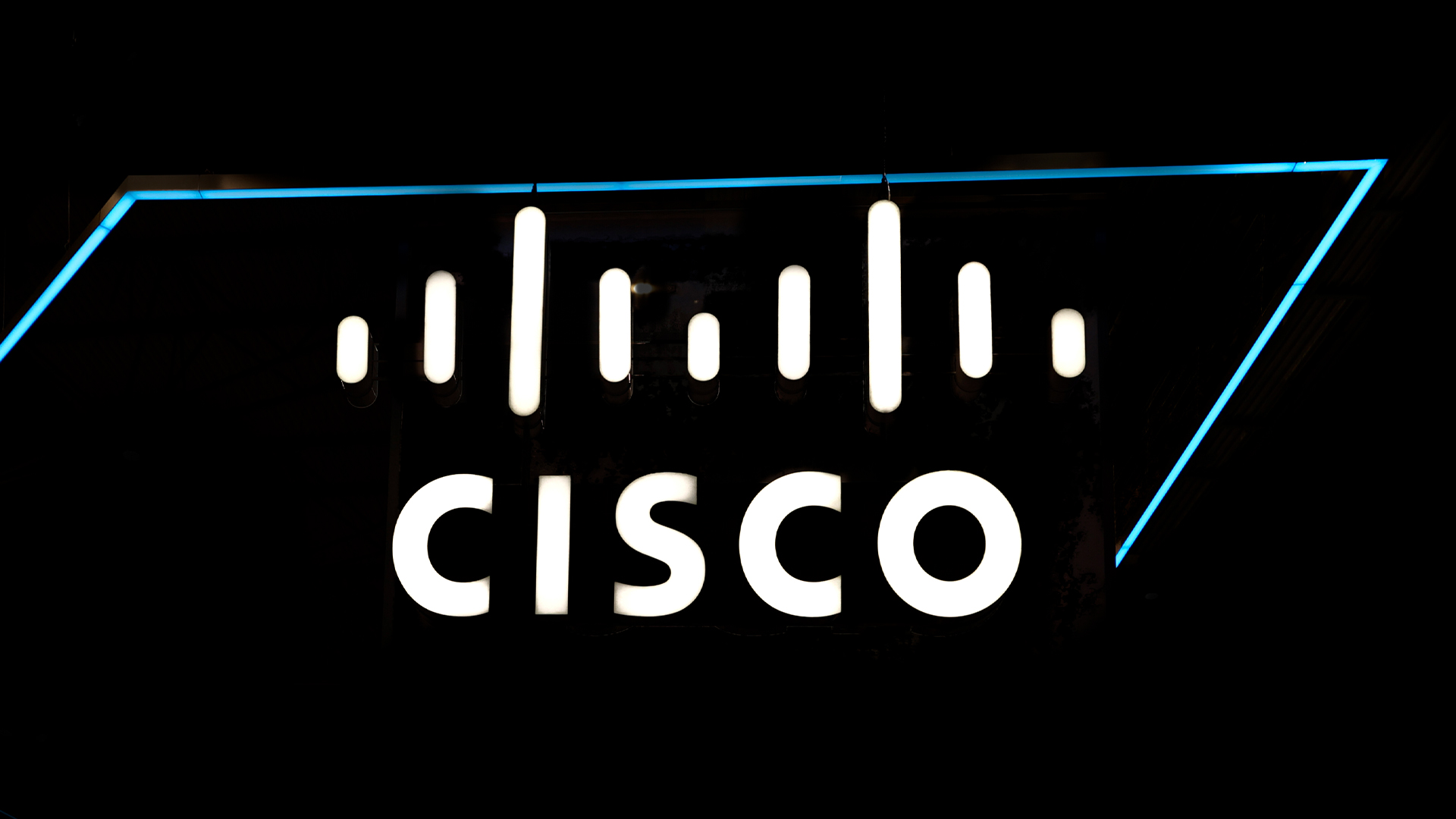Cisco patches bug that could break its email security service with a single message
A carefully crafted email could freeze Cisco's Email Security Appliance interface and stop it processing messages


Cisco has fixed a bug that could allow attackers to lock up its email security appliance with a single malicious email.
The bug, which has the ID CVE-2022-20653, affects Cisco's Email Security Appliance (ESA), an email security gateway product that detects and blocks email-borne malware, spam, and phishing attempts.
The problem lies in the ASyncOS operating system that the ESA uses, according to an advisory issued by the company this week.
The problem lies in the appliance's use of DNS-based Authentication of Named Entities (DANE) for security. DANE uses the more secure DNSSEC protocol to provide extra verification that a DNS record is legitimate. This makes it harder for malicious actors to spoof digital certificates or use man-in-the-middle attacks to misdirect DNS requests.
However, Cisco found that ASyncOS was unable to properly handle DNS name resolution, opening it up to exploit through malicious inputs.
In this case, the malicious input would be an email and, if crafted correctly, could freeze the appliance's management interface and stop it processing further emails until it had recovered.
Cisco has classified the vulnerability, which has a CVSS score of 7.5, as a denial of service (DoS) bug.
Sign up today and you will receive a free copy of our Future Focus 2025 report - the leading guidance on AI, cybersecurity and other IT challenges as per 700+ senior executives
"Continued attacks could cause the device to become completely unavailable, resulting in a persistent DoS condition," Cisco warned.
RELATED RESOURCE

The top three IT pains of the new reality and how to solve them
Driving more resiliency with unified operations and service management
The DANE feature is not enabled by default, meaning that only those who have activated it will be affected. Those customers can install Cisco's software updates to fix the problem.
In the meantime, customers can also configure bounce messages from the ESA instead of from downstream dependent email servers to stop attackers exploiting the bug, the company said.
The ASyncOS software saw two other reported vulnerabilities last year. CVE-2021-1566 was a bug in its Cisco Advanced Malware protection for Endpoints integration, allowing the interception of remote traffic. The other, CVE-2021-1359, allowed attackers to gain root privileges.
Danny Bradbury has been a print journalist specialising in technology since 1989 and a freelance writer since 1994. He has written for national publications on both sides of the Atlantic and has won awards for his investigative cybersecurity journalism work and his arts and culture writing.
Danny writes about many different technology issues for audiences ranging from consumers through to software developers and CIOs. He also ghostwrites articles for many C-suite business executives in the technology sector and has worked as a presenter for multiple webinars and podcasts.
-
 Phantom firms: The rise of fraudulent cybersecurity vendors
Phantom firms: The rise of fraudulent cybersecurity vendorsIndustry Insights Channel partners need systematic vendor vetting to combat rising phantom firm scams
-
 Snowflake and OpenAI are teaming up to help enterprises capitalize on their "most valuable asset"
Snowflake and OpenAI are teaming up to help enterprises capitalize on their "most valuable asset"News OpenAI models and tools will now be embedded within the Snowflake Intelligence and Cortex platforms
-
 Cisco wants to take AI closer to the edge
Cisco wants to take AI closer to the edgeNews The new “integrated computing platform” from Cisco aims to support AI workloads at the edge
-
 Russian hackers are using an old Cisco flaw to target network devices – here’s how you can stay safe
Russian hackers are using an old Cisco flaw to target network devices – here’s how you can stay safeNews With the aim of carrying out espionage, Russia's Center 16 is targeting infrastructure organizations around the world
-
 HPE eyes enterprise data sovereignty gains with Aruba Networking Central expansion
HPE eyes enterprise data sovereignty gains with Aruba Networking Central expansionNews HPE has announced a sweeping expansion of its Aruba Networking Central platform, offering users a raft of new features focused on driving security and data sovereignty.
-
 Cisco polishes its platform but the network is still king
Cisco polishes its platform but the network is still kingAnalysis Cisco still believes its integrated platform will drive new value for customers, but its historic strength in networking is where it will have the edge in the AI era
-
 ‘Divorced from reality’: HPE slams DOJ over bid to block Juniper deal, claims move will benefit Cisco
‘Divorced from reality’: HPE slams DOJ over bid to block Juniper deal, claims move will benefit CiscoNews HPE has criticized the US Department of Justice's attempt to block its acquisition of Juniper Networks, claiming it will benefit competitors such as Cisco.
-
 Cisco wants to capitalize on the ‘DeepSeek effect’
Cisco wants to capitalize on the ‘DeepSeek effect’News DeepSeek has had a seismic impact, and Cisco thinks it has strengths to help businesses transition to AI-native infrastructure
-
 Cisco Live EMEA 2025: All the news and updates as they happen
Cisco Live EMEA 2025: All the news and updates as they happenLive Blog Stay up to date with the latest information live from Amsterdam at Cisco’s annual EMEA conference
-
 Fortify your future: How HPE ProLiant Servers deliver top-tier cyber security, management, and performance
Fortify your future: How HPE ProLiant Servers deliver top-tier cyber security, management, and performanceWhitepaper Deploy servers with a secure approach
